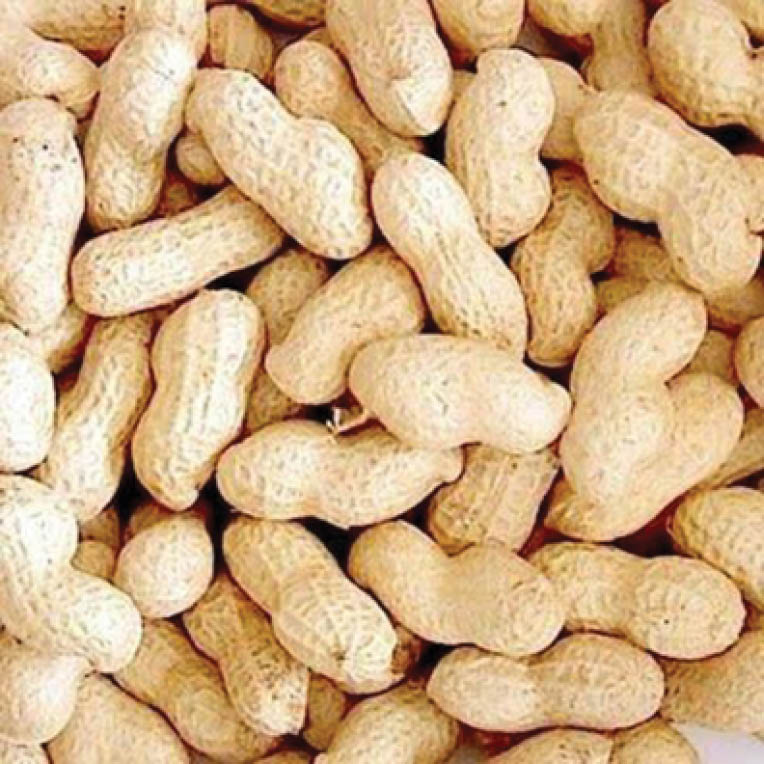What you need to know to be a seed producer
If you decide to be a seed producer as the wet season approaches, there are few things you must know, to guide you as you go about it. The National Agricultural Seed Council, which is the main body mandated by law to regulate seed production and trading activities in the country, has given certain conditions […]

If you decide to be a seed producer as the wet season approaches, there are few things you must know, to guide you as you go about it.
The National Agricultural Seed Council, which is the main body mandated by law to regulate seed production and trading activities in the country, has given certain conditions to be met.
The first step is to register the seed field with them for certification.
The chosen site must be in the area the crop can grow very well and there must be adequate isolation of the chosen site from other fields of the same crop as specified in the certification standards, which you can obtain from the seed council.
Once that is done, prepare the land adequately for good growth by plowing, harrowing and ridging properly and adequately.
Ensure that volunteer crops are completely eliminated from the field through the use of the appropriate herbicides and through land preparation to expose the buried seed.
Get the parent seed from the right source (you are advised to visit mandate research institute in the country for foundation seeds) and ensure that it has all the quality attributes of a good seed.
Use the appropriate recommended good agronomic practices for plant and crop management.
Before harvest, ensure that the crops are properly dried. Harvest different varieties separately and ensure they are not mixed during processing and bag and label each variety for ease of identification during transportation and storage.
Know what the seed law says concerning seed
Section 17(1) of the Seed Act states that no person other than a person registered under the Seed Act shall produce or be engaged in the production, processing, and marketing of seeds for commercial purpose. Farmers are strongly advised to register first.
“It is an offence to sell, offer or expose for sale, falsely labeled, tagged or untagged seeds of a notified kind, variety or hybrid. All the labels on seed container must accurately describe the seed as contained in Section 17(2)
“All classes of seeds intended to be produced for marketing must pass through all the phases of seed certification in accordance with harmonized ECOWAS seed Rules and Regulations.
Section 17(3) says “Except for demonstration purposes, no person shall offer for sale agricultural seeds of any notified kind or varieties in an open container.”
Section 18(1) says “Each seed package must carry two labels viz: the certification tag and the producer’s label. The producer’s label must contain the following information: Name of the seed species, variety, lot no; class of seed and net weight; minimum germination percentage and minimum purity percentage.
‘Other information is percentage of moisture content, a statement indicating whether the seeds have been treated or not and the chemical used as well as the name and address of the company or person who offers the seed for sale.”
Penalty for violators
Section 27 of the Seed Act outlines the penalties for operating contrary to the above regulations. These range from warning, stop sales order, fine ranging from N800,000 to N1.6 million; seizure and forfeiture of the seed lot to the Federal Government and/or instituting legal action against the offender which may lead to imprisonment or payment of fine.
